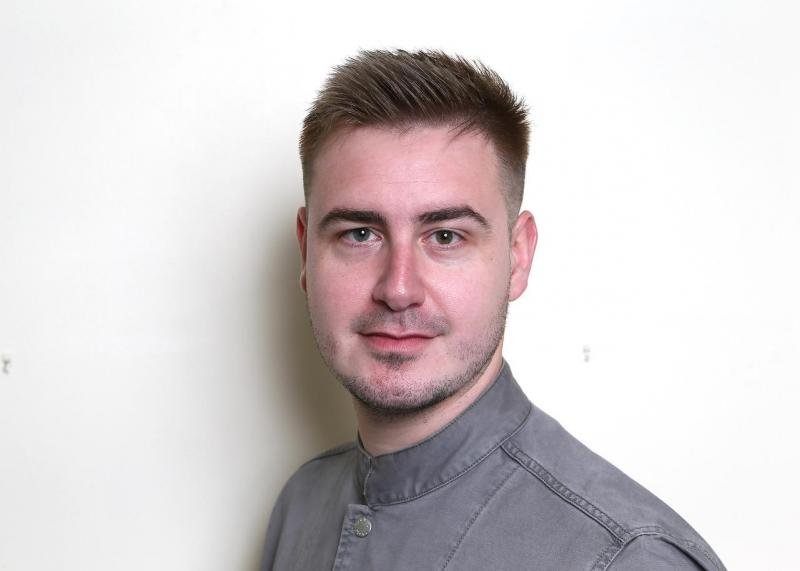A BARNSLEY family - who watched a father-of-two endure gruelling treatment before he died from a ‘devastating’ form of blood cancer - have backed new research by Leukaemia UK to help find a cure for the disease.
Dene Firth, 48, was working as a property clerk at South Yorkshire Police in 2019 when he began to have ‘bad night sweats’ and was also feeling very tired.
He then developed a painful, swollen foot, for which he decided to seek the help of a physiotherapist.
Dene was eventually diagnosed with acute myeloid leukaemia (AML) - and the news came as a terrible shock for his wife, 55-year-old Diane and their children -17-year-old Megan and 14-year-old Alfie.
AML is a form of blood cancer which affects almost 3,100 people in the UK each year, with one of the lowest survival rates of all cancers.
Diane said: “The physiotherapist realised immediately this wasn’t a problem that she could do something about and sent him to his GP.
“The GP gave Dene a blood test on September 4 2019, and by that afternoon he was in Sheffield’s Hallamshire Teaching Hospital with a diagnosis of acute myeloid leukaemia (AML).
“Dene was quite healthy - he was a football coach for his son’s team.
“We were in disbelief, and very frightened.
“But despite our fear of the future, we remained hopeful it could be cured.”
However, survival rates from AML are very low with just 13.6 per cent of people surviving for longer than five years after diagnosis.
Dene immediately began chemotherapy, which Diane remembers as ‘gruelling’, and the search for a stem cell donor began.
“The chemotherapy he went through was awful,” she said.
“I went to the hospital every day and was still trying to look after our two children.
“It was unbearable at times.”
Dene needed to have below five per cent cancerous cells in his body for a stem cell transplant to take place.
Tragically, by the time a match was identified, he still had over 40 per cent cancerous cells and was at the end of his second round of chemotherapy.
He was offered a third round, with very low chances of success, or palliative care so that he could spend more time with his family.
Dene went for the second option, and died on July 9, 2020.
Last week, Leukaemia UK announced more than £600,000 worth of funding into new research projects through its prestigious John Goldman Fellowships - including finding more effective treatments for AML.
One of the funded researchers, Dr Kevin Rattigan at the University of Glasgow, will use his John Goldman Fellowship to test a possible new treatment for AML.
Having previously identified a ‘checklist’ of nutrients that AML needs to survive, he has now developed a protein which can lower the levels of one of those nutrients.
Dr Rattigan said: ‘I want to test if this protein works in experiments that are more representative of what happens in patients.
“In these experiments, I will aim to test if my protein reduces AML disease burden.
“This could open up a new treatment option for AML patients and potentially patients with other types of blood cancer.”
But Diane admits that the news is ‘bittersweet’.
“Watching Dene suffer from AML was a terrible experience, and we miss him very much,” Diane said.
“But I try to I take every day as it comes and make memories with my family.
“It’s so important that research into AML continues, so that fewer families are forced to watch their loved ones suffer like Dene did.”


























